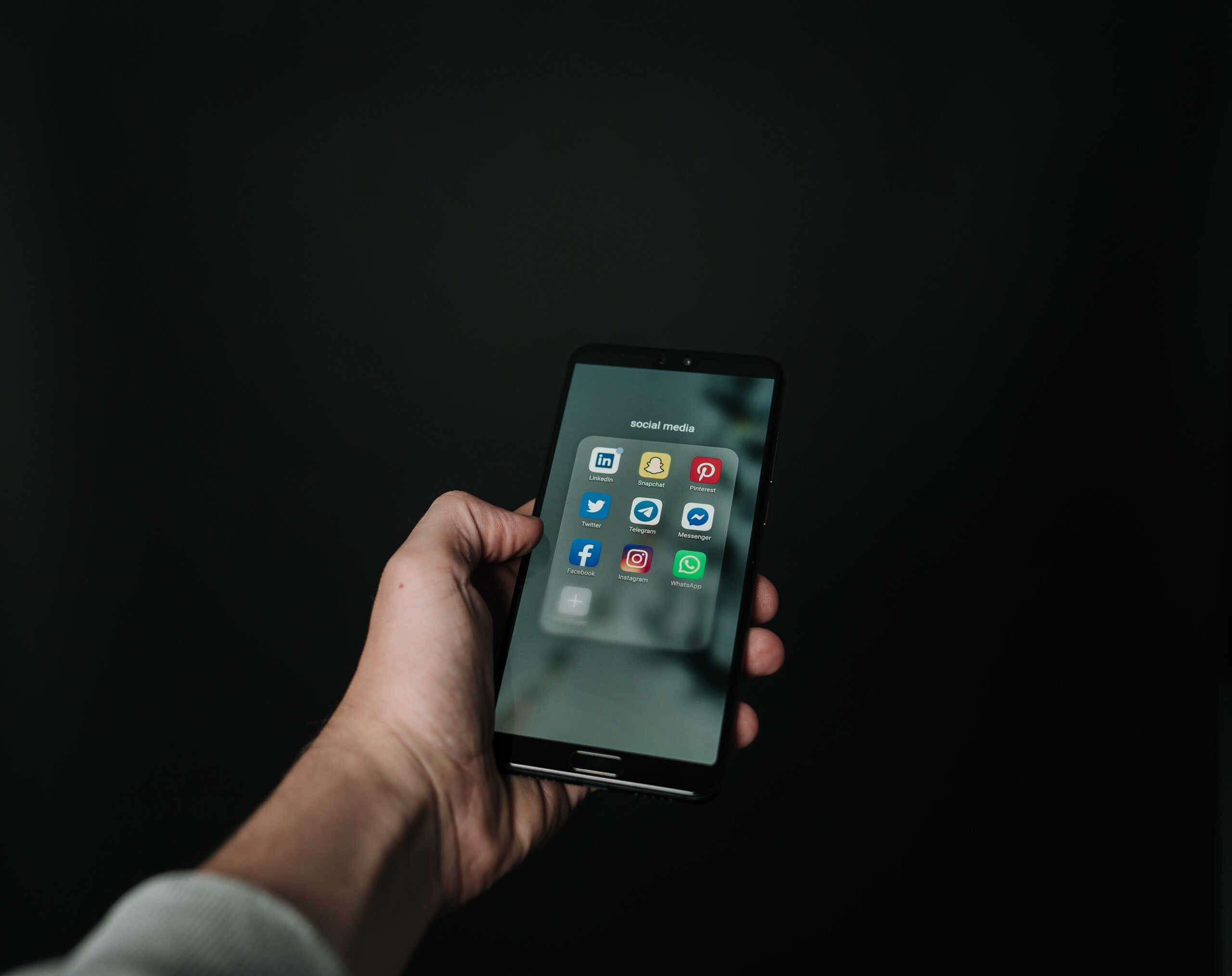Leverage Social Media to Better Communicate with Your Patients

By harnessing the power of social media, healthcare organizations can reach millions of people worldwide, spread reliable health information, and interact with patients in new and engaging ways.
Using the Power of Social Media
Social media offers several key benefits for healthcare professionals. First, it allows them to increase public awareness and share essential information with their followers. Social media platforms can help communicate seasonal campaigns (such as flu shots in the winter or vaccine boosters), health practices, and initiatives. By providing updates on their medical practices or introducing new technologies or medical professionals, healthcare organizations can keep their audiences well-informed and engaged. By answering common health questions, professionals can also prevent people from self-diagnosing and direct them to more reliable healthcare resources.
Engaging with Patients
One of the most significant advantages of social media in healthcare is the ability to create meaningful connections with patients and citizens. Talking about health issues can be intimidating, but knowing that others share similar struggles can be comforting. Social media platforms allow patients to connect with others who have experienced similar conditions, creating a supportive community.
Medical practices can foster community through social media by creating pages on platforms like Facebook or LinkedIn where consumers can interact with healthcare professionals and each other. This strategy creates a community around your medical practice, motivating patients to stay loyal to you. However, it will be necessary to closely monitor a page like this so that misinformation does not spread among patients.
Mitigating Risks and Ensuring Credibility
While social media presents numerous opportunities, it also comes with risks, especially for healthcare practices. Information on social media spreads rapidly, which can be advantageous for sharing information during crises, like the COVID-19 pandemic. However, it also increases the risk of misinformation. Healthcare providers must diligently cite credible sources to be trusted by the public.
Additionally, healthcare organizations must be careful to avoid HIPAA violations when using social media. The protection and confidentiality of patient health records are extremely important in the healthcare industry. To comply with HIPAA guidelines, healthcare professionals should speak generally about topics and refrain from discussing specific patients.
Tips for Healthcare Social Media Management
To maximize the benefits of social media, healthcare organizations should follow these tips:
- Provide Accurate Content: ensure that all content shared on social media is accurate, informative, and kept up to date.
- Engage and Educate: use social media as an educational platform, sharing valuable information to empower their audience.
- Adhere to Rules and Regulations: sensitive consumer information should never be shared, and privacy policies must be clear and strictly followed.
- Monitor and Respond: constantly monitor audience engagement and respond to inquiries or concerns.
- Stay Informed: tailor content to meet the evolving needs of the audience.
- Ensure Security: implement security measures to protect private information.
Start Using Social Media Today
Leveraging social media in healthcare communication allows professionals to reach wider audiences, engage with patients, and share valuable information. However, it is essential to approach social media communication responsibly, adhere to industry regulations, and provide accurate, reliable content to establish trust and credibility among patients and the public.
Contact our experienced team at MedShark Digital today to learn how we can help your practice leverage the power of social media.






